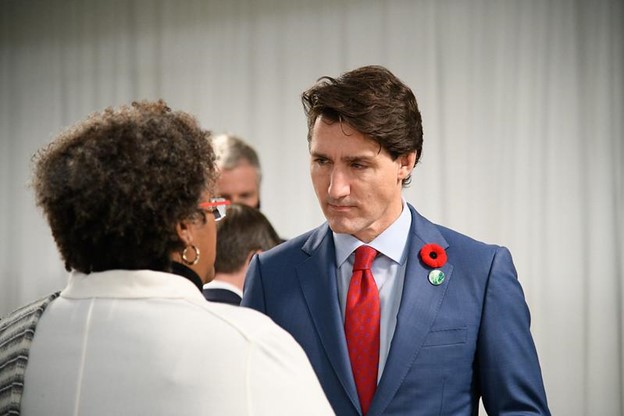The law that is supposed to reduce greenhouse gas emissions to net-zero by the year 2050 is weak and lacks a holistic understanding of climate change.
By: Jenna Keeble

When The Canadian Net-Zero Emissions Accountability Act was introduced in late 2020, environmental activists were cautiously optimistic.
“Implementation is going to be crucial,” said Andrew Gage, a lawyer at West Coast Environmental Law and co-founder of the University of Victoria’s Environmental Law Centre.
A law to reduce greenhouse gas emissions was long overdue, but the Canadian Net-Zero Emissions Accountability Act is too weak in its current form.
The law aims to legislate a transparent and accountable process for reducing greenhouse gas emissions to net-zero by the year 2050.
It requires progress reports in specific, “milestone years” and creates the Net-Zero Advisory Body which advises the government on its progress.
Gage, who testified twice before government committees while the law was in progress, wants to see more detailed planning and reporting on how the federal government expects to meet emission reduction targets, including breakdowns for different sectors in the provinces.
The reports “may include” comprehensive modelling, but it isn’t required.
This gives the federal government “a lot of wiggle room” to pass accountability back to the provinces, says Gage.
“It’s a major shortcoming of the act that they didn’t actually try to tackle.”
With the Supreme Court’s ruling on carbon pricing, the federal government has the power to step in when the provinces fail to act, he says.
The law also has weak planning for short, medium and long-term rolling targets. “You’re supposed to be working towards all of them at the same time,” said Gage.
Specific details for the journey to net-zero will help inform provinces and industries about their emissions reduction targets. The plan must ensure the groundwork is there to reach net-zero.
More frequent reporting by the government, like annual reports instead of milestone year reports, would also strengthen the law, Gage says.
Only one climate scientist is in the advisory group, which concerns Gage.
There is also the question of counting exported emissions, which are fossil fuels moved abroad through trade, along with other types of hidden emissions.
“It wasn’t something that really came up in a big way in the discussions leading up to the act,” said Gage.
The biggest concern about the law is the ambiguity over what “net-zero” means.
“The oil and gas industry hears net-zero and goes if we can come up with this technology that naturally takes carbon dioxide out of the air, we can get down to that zero without doing much.”
Gage wants the law to require absolute emission reductions, as offsetting emissions through technology is counterproductive to addressing the climate crisis.
The next change to amend the law is in five years; the result of an last-minute amendment introduced by the Bloc Québécois.
In the meantime, the public must pressure their elected representatives to strengthen the law and address its weaknesses.
“I hope we’re moving towards the point where climate change is increasingly a non-partisan issue, and people recognize the importance of transparency,” said Gage.
The most robust and comprehensive climate legislation a nation has, the most effective it is at reducing emissions, according to research by climate experts.
With new research from Harvard University suggesting one in five deaths worldwide is caused by fossil fuel air pollution, the time to act is now.
We can’t waste any more time.
This article was written as part of JRNL 4250, a senior class about politics and journalism. Climate change was one political issue reported on by the students, as part of the Climate+ Challenge.